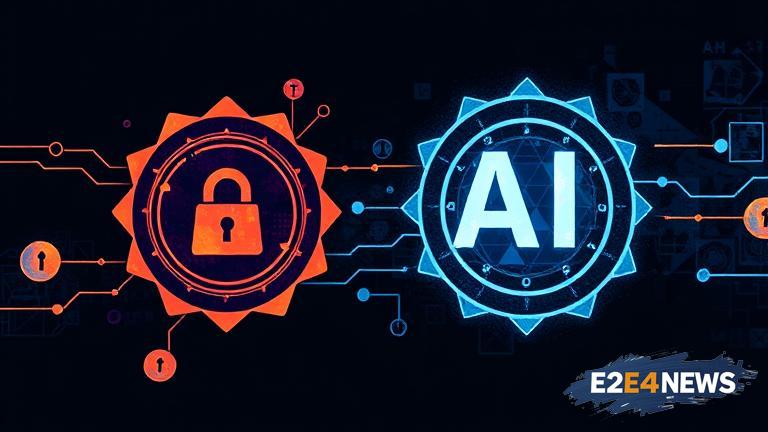The integration of AI into various professions is transforming the landscape of work, particularly in fields requiring specialized expertise and credentials. Pilots, doctors, and teachers, who have long held positions of trust and authority, are now facing the prospect of AI-driven systems altering their roles. While AI offers advancements in efficiency and accuracy, it also raises concerns about job displacement and the ethical considerations of relying on machines for tasks that were once exclusively human. The article delves into the potential benefits of AI, such as enhanced safety in aviation through automated systems and improved diagnostic accuracy in healthcare. However, it also highlights the challenges, including the loss of human interaction in education and the ethical dilemmas of AI making life-altering decisions. The author emphasizes the need for a balanced approach, where AI serves as a tool to augment human capabilities rather than replace them. This balance is crucial to maintain the essence of these professions while embracing technological progress. The discussion also touches on the societal impact, such as the potential for increased unemployment and the need for retraining programs to adapt to an AI-driven economy. Ultimately, the piece calls for thoughtful consideration and planning to ensure that AI integration benefits society as a whole, without undermining the value of human expertise and judgment.
